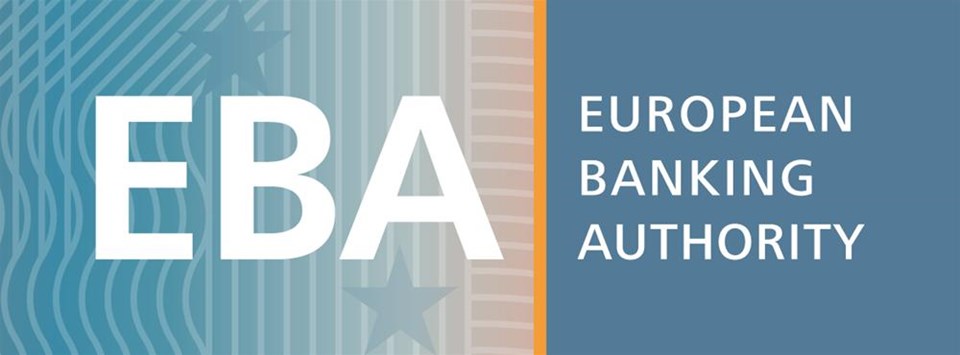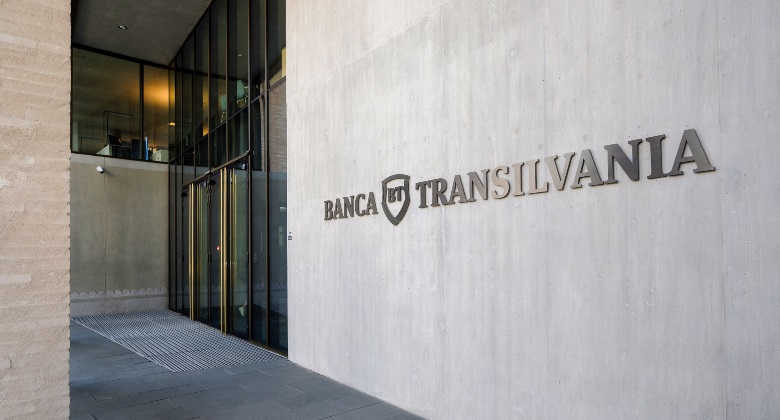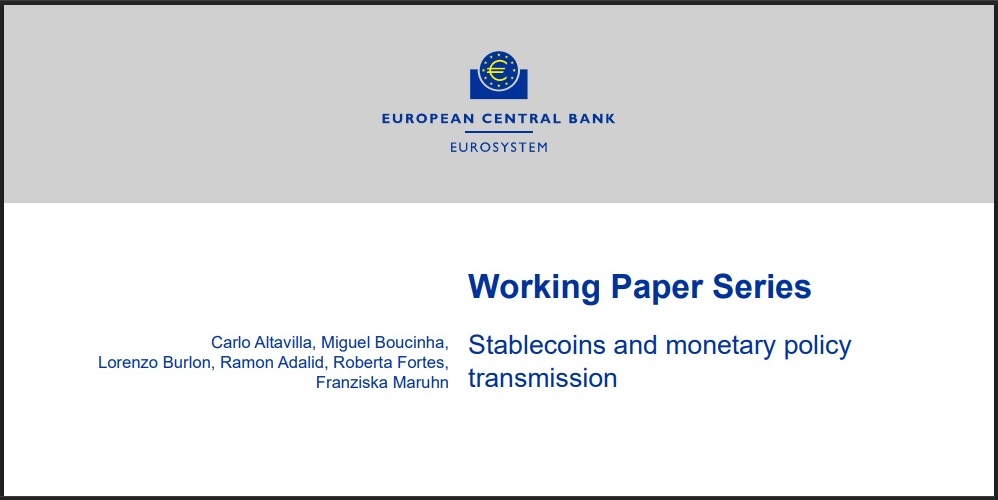European Banking Authority – opinion on the interplay between the EU Anti-Money Laundering Directive and the EU Deposit Guarantee Schemes Directive

The EBA identifies how to mitigate the risks of money laundering and terrorist financing during bank failures. The EBA identifies what information national authorities should receive from failing credit institutions, and how the authorities should communicate with depositors in such cases.
The European Banking Authority (EBA) published today an Opinion on how to strengthen the connection between the EU legal frameworks on anti-money laundering and terrorist financing, and deposit protection. The proposals set out in the Opinion are addressed to the European Commission and aim at informing its ongoing reviews of the Anti-Money Laundering Directive (AMLD) and the Deposit Protection Schemes Directive (DGSD). The Opinion is also addressed to the national authorities, to implement some changes already under the current legal framework and ahead of the potential future revisions of the AMLD and DGSD.
In its Opinion, the EBA assessed how information about potential money laundering or terrorist financing risks of depositors is identified and transmitted to deposit guarantee schemes (DGSs) ahead of them repaying depositors.
In particular, the EBA assessed how authorities have cooperated in such cases, and how effective such information sharing and cooperation mechanisms have been in real-life cases – including where the relevant authorities identified systemic issues with the way credit institutions have complied with their AML duties. The EBA also looked at how depositors, whose payout has been suspended or deferred, or who have been excluded from the payout, have been informed of their situation.
The EBA has used the outcomes of its assessments to set out how the EU legal framework should be strengthened to enable and enhance effective cooperation between relevant AML/CFT and DGS authorities in the run-up to, and during, bank failures, where there are money laundering concerns.
The Opinion also sets out what relevant authorities should do to minimise the risk of repaying money launderers in the course of DGS payouts, including the requirement to ensure traceability of funds in such payouts. For the time until the EU legal framework is changed, the Opinion also indicates the type of information national authorities should receive from the failing credit institutions, and how the authorities should communicate with depositors in such cases.
###
DOCUMENTS
LINKS
Dariusz Mazurkiewicz – CEO at BLIK Polish Payment Standard
Banking 4.0 – „how was the experience for you”
„To be honest I think that Sinaia, your conference, is much better then Davos.”
Many more interesting quotes in the video below:










